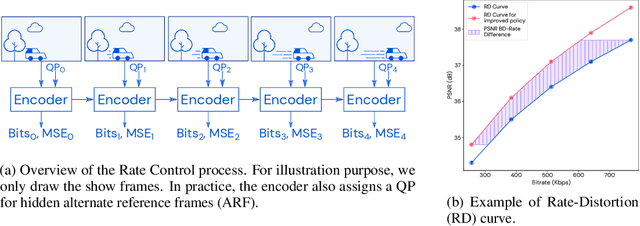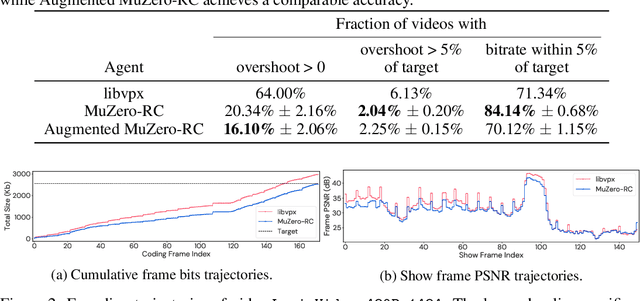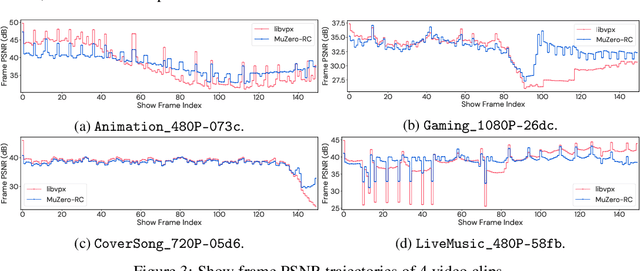Flora Xue
Operational Wind Speed Forecasts for Chile's Electric Power Sector Using a Hybrid ML Model
Sep 17, 2024



Abstract:As Chile's electric power sector advances toward a future powered by renewable energy, accurate forecasting of renewable generation is essential for managing grid operations. The integration of renewable energy sources is particularly challenging due to the operational difficulties of managing their power generation, which is highly variable compared to fossil fuel sources, delaying the availability of clean energy. To mitigate this, we quantify the impact of increasing intermittent generation from wind and solar on thermal power plants in Chile and introduce a hybrid wind speed forecasting methodology which combines two custom ML models for Chile. The first model is based on TiDE, an MLP-based ML model for short-term forecasts, and the second is based on a graph neural network, GraphCast, for medium-term forecasts up to 10 days. Our hybrid approach outperforms the most accurate operational deterministic systems by 4-21% for short-term forecasts and 5-23% for medium-term forecasts and can directly lower the impact of wind generation on thermal ramping, curtailment, and system-level emissions in Chile.
MuZero with Self-competition for Rate Control in VP9 Video Compression
Feb 14, 2022



Abstract:Video streaming usage has seen a significant rise as entertainment, education, and business increasingly rely on online video. Optimizing video compression has the potential to increase access and quality of content to users, and reduce energy use and costs overall. In this paper, we present an application of the MuZero algorithm to the challenge of video compression. Specifically, we target the problem of learning a rate control policy to select the quantization parameters (QP) in the encoding process of libvpx, an open source VP9 video compression library widely used by popular video-on-demand (VOD) services. We treat this as a sequential decision making problem to maximize the video quality with an episodic constraint imposed by the target bitrate. Notably, we introduce a novel self-competition based reward mechanism to solve constrained RL with variable constraint satisfaction difficulty, which is challenging for existing constrained RL methods. We demonstrate that the MuZero-based rate control achieves an average 6.28% reduction in size of the compressed videos for the same delivered video quality level (measured as PSNR BD-rate) compared to libvpx's two-pass VBR rate control policy, while having better constraint satisfaction behavior.
 Add to Chrome
Add to Chrome Add to Firefox
Add to Firefox Add to Edge
Add to Edge